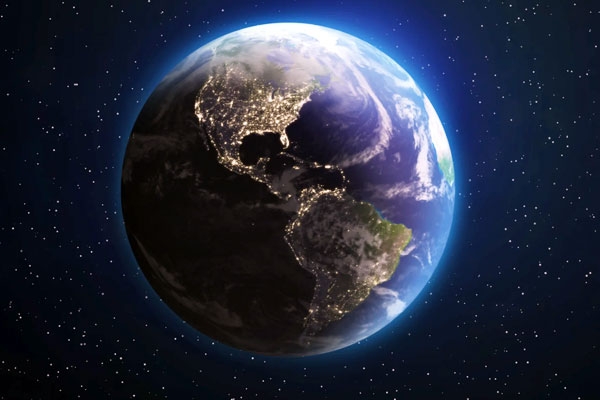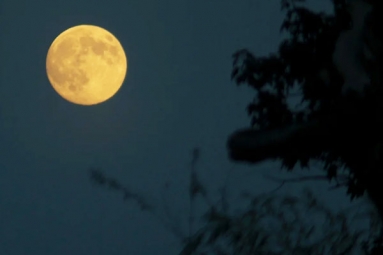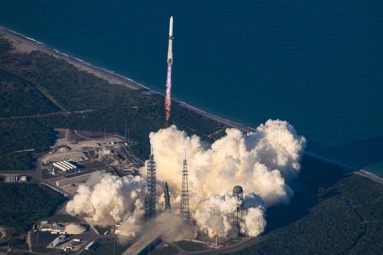
(Image source from: Canva.com)
Scientists say that in the coming weeks, Earth is expected to spin faster than normal, which will make the days a little shorter, as reported by Live Science. On July 9, July 22, and August 5, 2025, the position of the moon will have an impact on Earth's spin, making each day about 1.3 to 1.51 milliseconds shorter than the usual 24 hours. Normally, a full day on Earth lasts about 86,400 seconds, or 24 hours. However, Earth's spin isn't constant; it changes because of different things, like the gravitational pull of the moon and sun, the planet’s magnetic field, and changes in Earth's mass from natural events or what people do, according to the science news website. In the past, Earth’s spin has been getting slower. About 1 to 2 billion years ago, a day was only 19 hours long, mostly because the moon was much closer to Earth and had a stronger gravitational effect. As the moon moved farther away over time, our days got longer. Interestingly, in 2020, experts found that Earth was spinning faster than it had at any point since the 1970s. The shortest day ever measured happened on July 5, 2024, and it was 1.66 milliseconds shorter than the normal length.
The moon's distance from Earth’s equator on certain days can speed up the planet’s spin, like a spinning top that spins faster when it tilts. Climate-related things, like melting ice and changes in groundwater, have also had an impact on Earth’s spin. Even earthquakes and changes in the seasons can change how long our days last a little bit. Individual events can also affect how Earth spins; for example, the earthquake in Japan in 2011 made the day 1.8 microseconds shorter. Changes in the seasons affect Earth’s spin, Richard Holme, a geophysicist from the University of Liverpool, told Live Science in an email. "There is more land in the northern hemisphere than the southern," Holme said. "In the summer in the north, trees grow leaves, which moves weight from the ground to above the surface, farther away from Earth’s spin axis." The way an object spins is affected by how its weight is spread out. When an ice skater spins, they spin faster when they pull their arms close to their body but slow down when they stretch their arms out. As Earth’s weight moves away from its center during summer, its spinning speed has to slow down, which leads to longer days, Holme explained.







